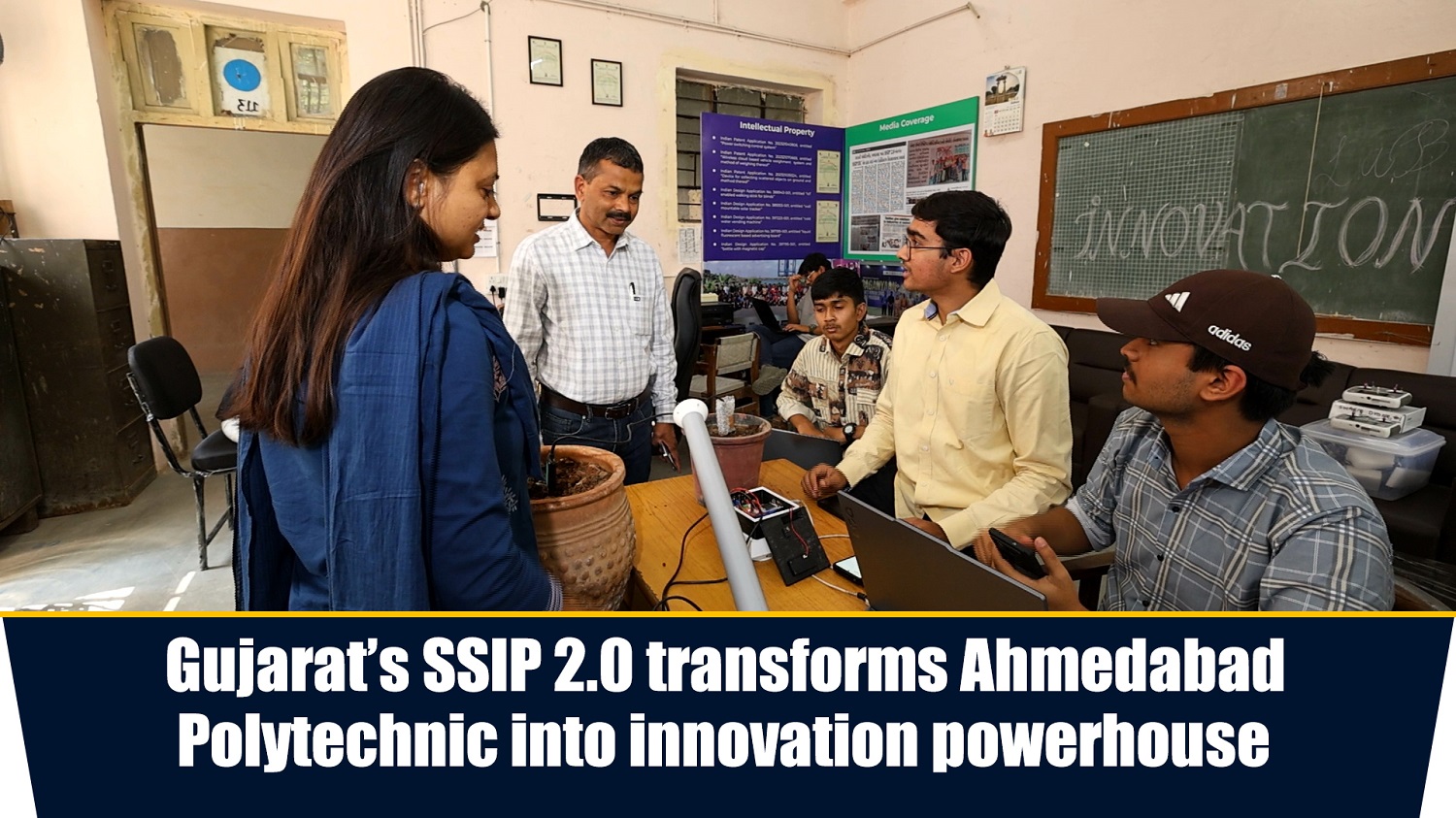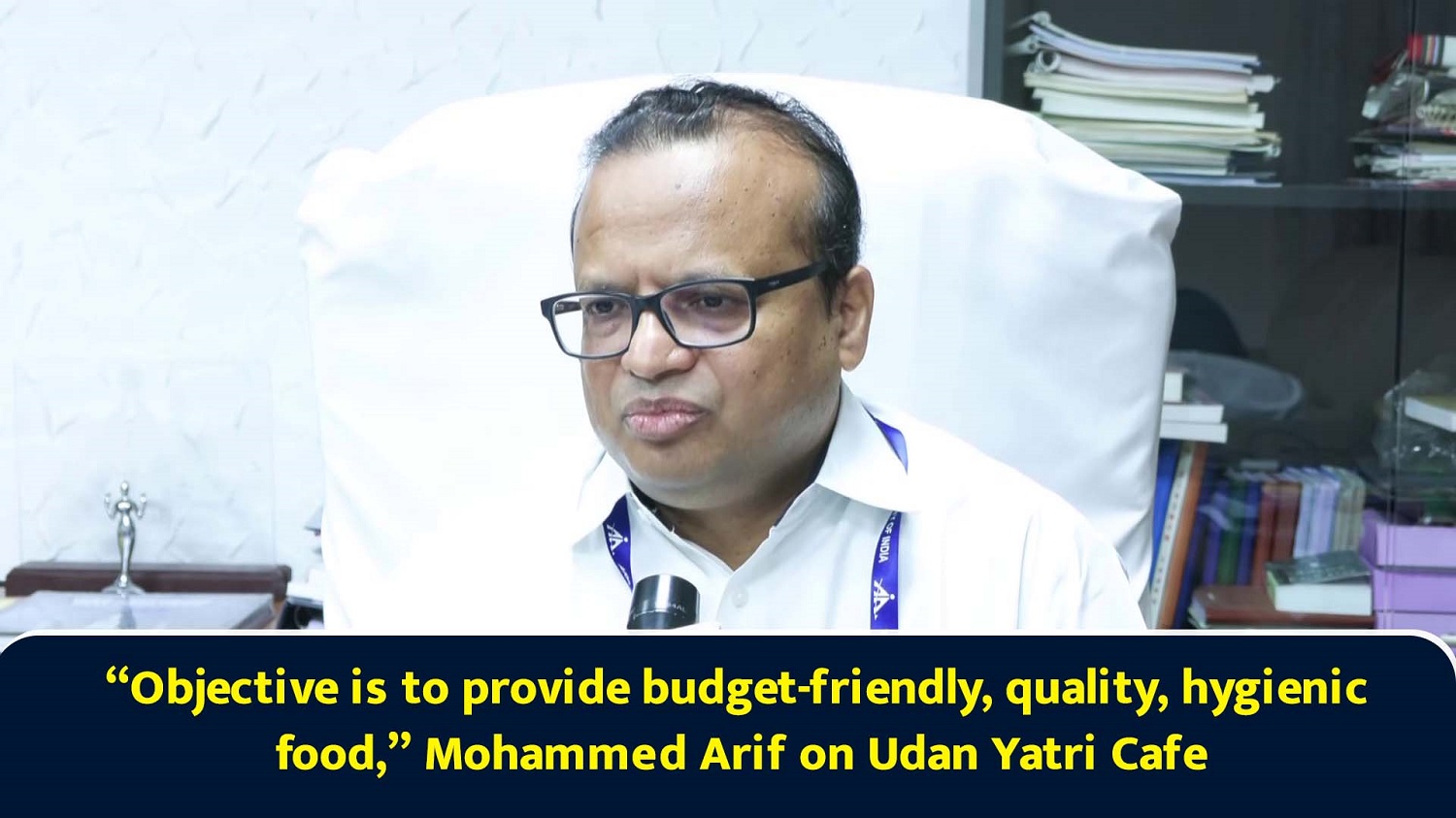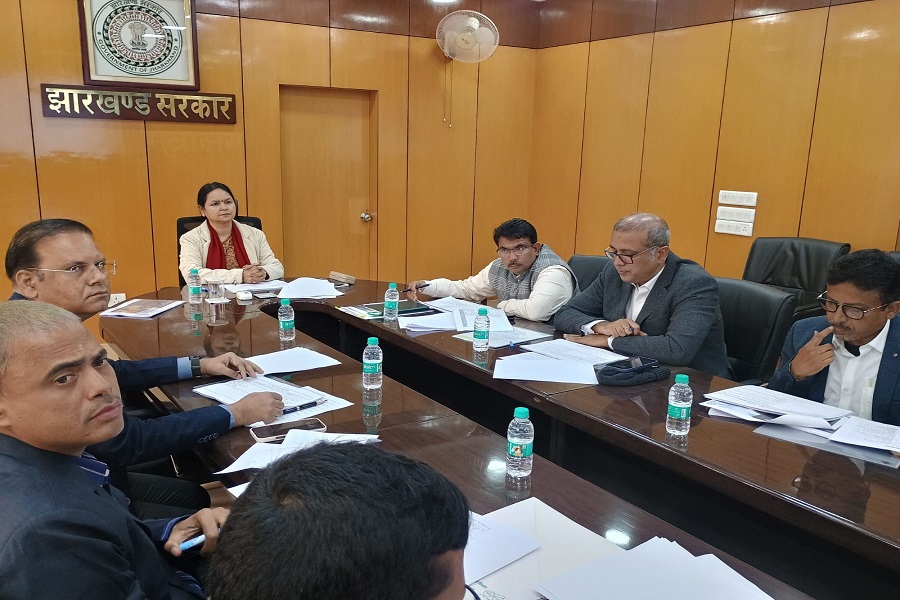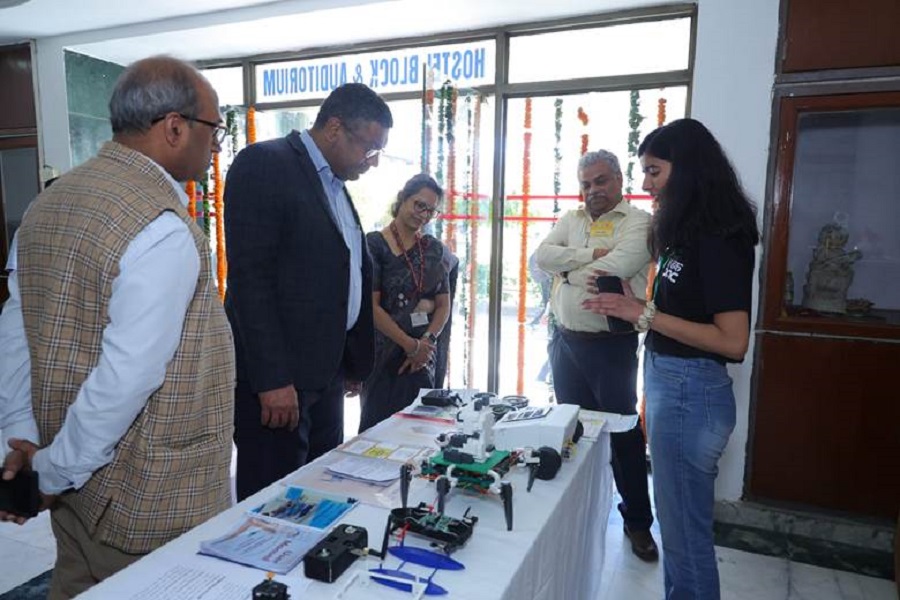Empowering Rural Women: A Comprehensive Guide to Money Management for Financial Independence
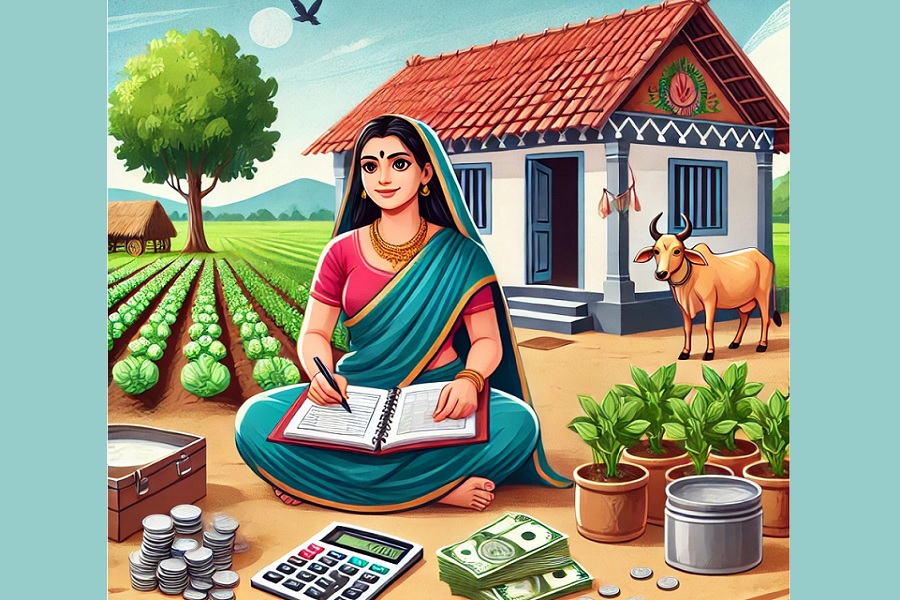
Introduction
In India, rural women play a crucial role in managing household expenses, contributing to agriculture, and supporting family businesses. Despite their significant contributions, many women lack financial literacy and access to formal banking systems. Empowering women with knowledge of money management can help them achieve financial independence and uplift their communities.
Importance of Money Management for Rural Women
Economic Empowerment:
Managing money effectively enables women to contribute to household income and secure a better future for their families.
Financial Independence:
Learning financial skills allows women to make independent decisions and reduces dependence on male family members.
Savings and Investments:
Encouraging rural women to save and invest can help them build financial security and deal with emergencies.
Better Household Budgeting:
With proper money management, women can optimize household expenses and reduce unnecessary costs.
Key Aspects of Money Management
1. Understanding Income and Expenses
Identify all sources of income, including farming, small businesses, and government schemes.
List out essential expenses such as food, healthcare, and education.
Track spending habits to identify areas where money can be saved.
2. Budgeting Techniques
50-30-20 Rule: Allocate 50% of income to necessities, 30% to savings, and 20% to discretionary expenses.
Envelope System:
Keep cash in labeled envelopes for different expenses to prevent overspending.
Daily or Weekly Expense Diary:
Maintain a simple notebook to record daily expenses and compare them with the budget.
3. Savings Strategies
Open savings accounts in government banks like Jan Dhan Yojana for easy access to banking services.
Join Self-Help Groups (SHGs) that encourage small savings and provide financial support.
Use Post Office Savings Schemes such as Sukanya Samriddhi Yojana for daughters' education and marriage.
Keep emergency savings separate for medical or unexpected expenses.
4. Smart Borrowing and Avoiding Debt Traps
Borrow only when necessary and ensure repayment ability before taking a loan.
Choose government-backed loan schemes like Mudra Yojana for women entrepreneurs.
Avoid high-interest loans from local moneylenders and opt for formal banking loans.
5. Investment Options for Long-Term Security
Gold Savings: Invest in gold savings schemes instead of keeping physical gold.
Fixed Deposits (FDs): Consider bank FDs for safe and steady returns.
Recurring Deposits (RDs): Regular small savings can grow into a large amount over time.
Mutual Funds and Micro-Investments: Women with access to financial institutions can explore low-risk mutual funds.
6. Financial Education and Awareness
Attend workshops and training sessions organized by NGOs and government bodies.
Encourage financial literacy programs in schools and women’s groups.
Use mobile banking and financial apps for easy money management.
Government Schemes Supporting Rural Women
Pradhan Mantri Jan Dhan Yojana (PMJDY):
Provides zero-balance bank accounts with insurance benefits.
Mahila E-Haat:
An online platform for women entrepreneurs to sell their products.
Rashtriya Mahila Kosh (RMK):
Micro-financing scheme for women’s small-scale businesses.
Stand-Up India Scheme:
Encourages women entrepreneurs by providing loans.
Ujjwala Yojana:
Offers financial support for LPG gas connections to promote clean cooking.
Challenges Faced by Rural Women in Financial Management
Lack of financial literacy and education.
Limited access to banking services in remote areas.
Social and cultural barriers restricting women from handling finances.
Dependency on male family members for financial decisions.
Fear of fraud and lack of trust in banking institutions.
Conclusion
Financial empowerment of rural women is essential for the economic progress of India. By equipping women with money management skills, promoting savings and investments, and providing access to government financial schemes, we can help them lead financially secure and independent lives. Encouraging community-based learning and leveraging digital financial services will further enhance their financial growth and stability.
